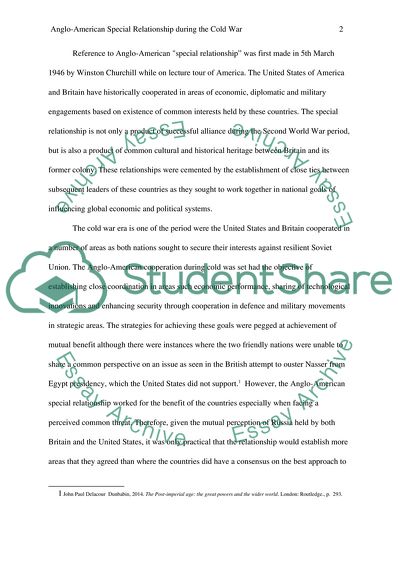Cite this document
(“What characterised the Anglo-American Special Relationship during the Essay”, n.d.)
What characterised the Anglo-American Special Relationship during the Essay. Retrieved from https://studentshare.org/history/1659512-what-characterised-the-anglo-american-special-relationship-during-the-cold-war
What characterised the Anglo-American Special Relationship during the Essay. Retrieved from https://studentshare.org/history/1659512-what-characterised-the-anglo-american-special-relationship-during-the-cold-war
(What Characterised the Anglo-American Special Relationship During the Essay)
What Characterised the Anglo-American Special Relationship During the Essay. https://studentshare.org/history/1659512-what-characterised-the-anglo-american-special-relationship-during-the-cold-war.
What Characterised the Anglo-American Special Relationship During the Essay. https://studentshare.org/history/1659512-what-characterised-the-anglo-american-special-relationship-during-the-cold-war.
“What Characterised the Anglo-American Special Relationship During the Essay”, n.d. https://studentshare.org/history/1659512-what-characterised-the-anglo-american-special-relationship-during-the-cold-war.


